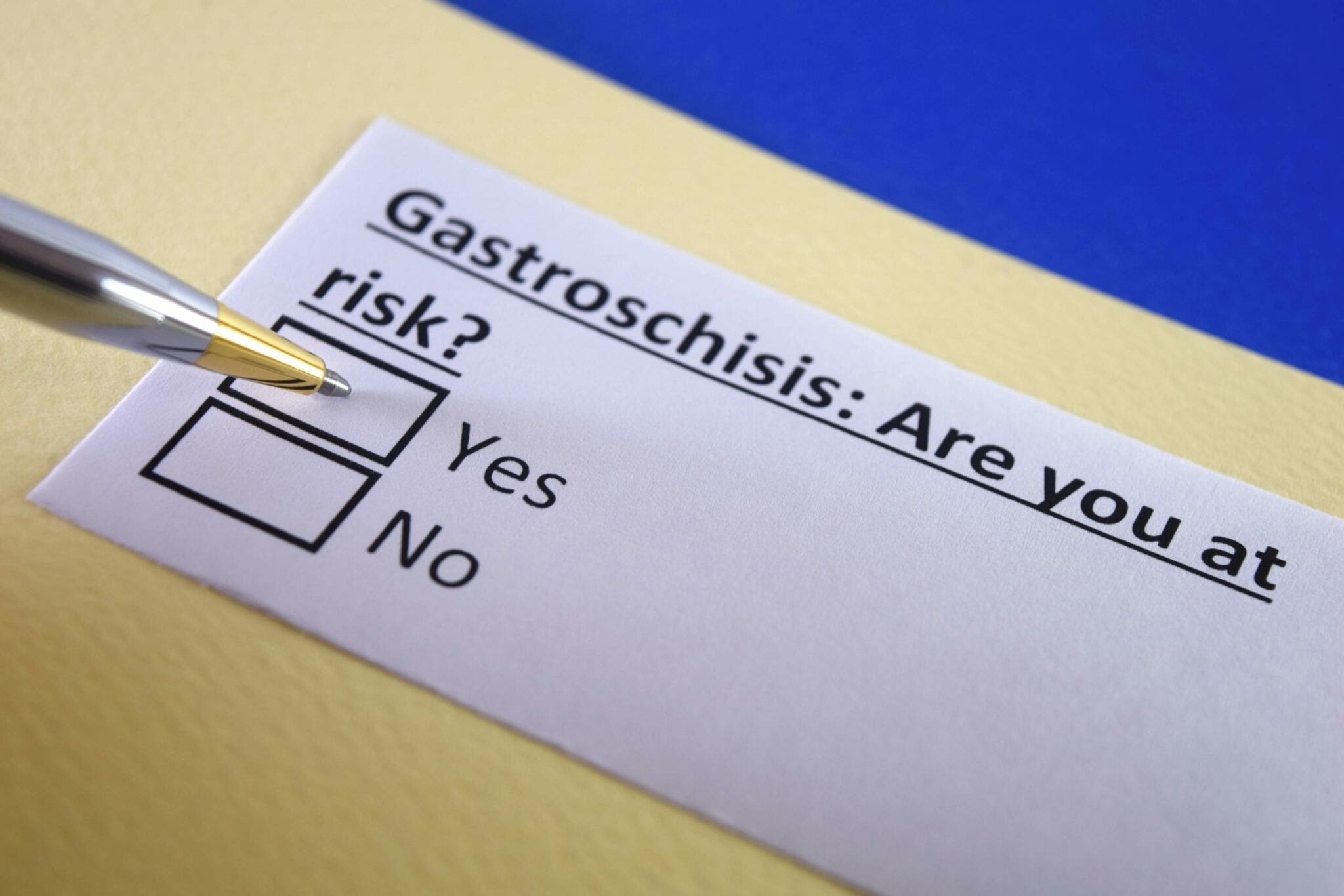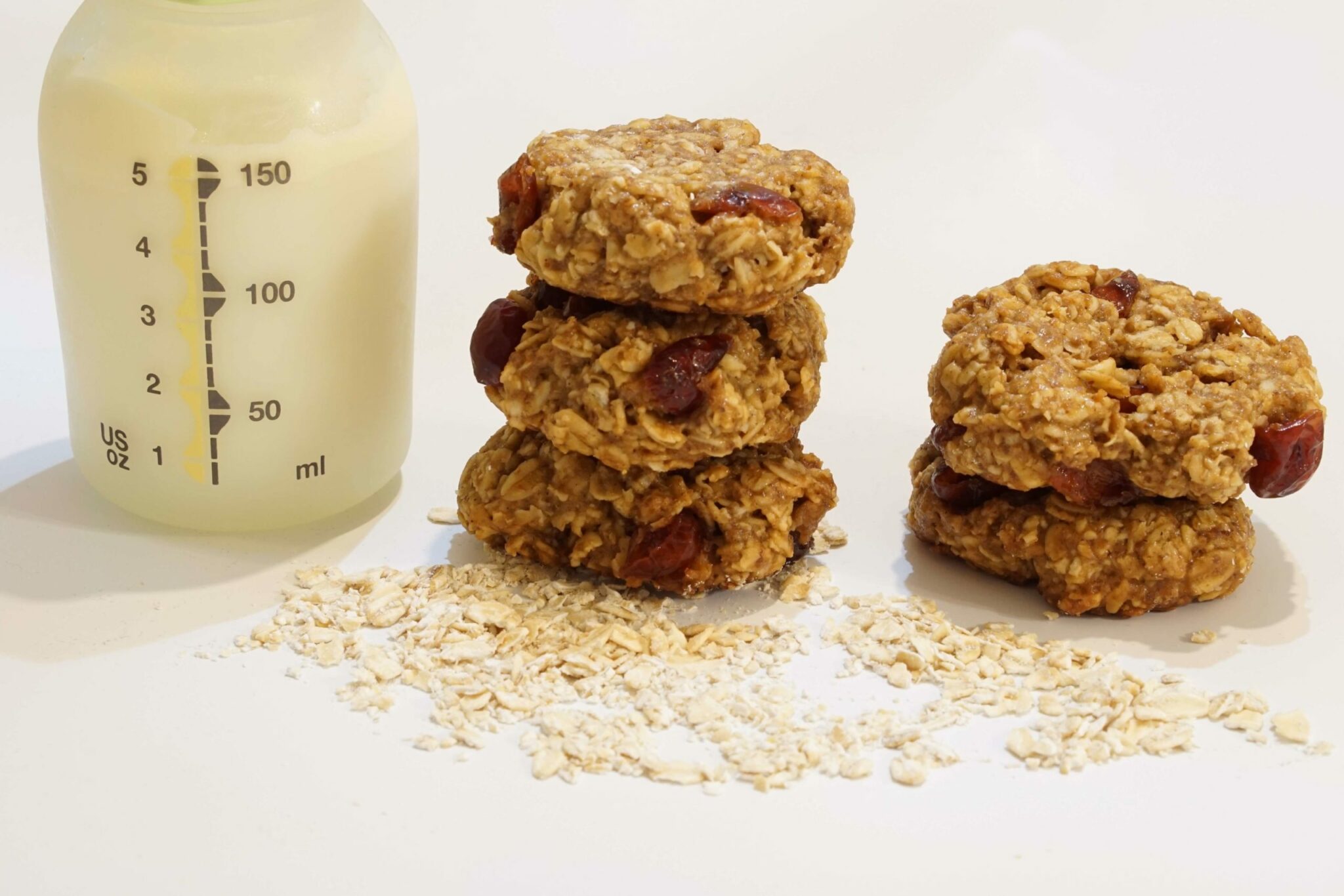Don’t Forget Iron When Introducing Solid Food to Your Baby


Introducing solid food to your baby is exciting. It means you are both officially onto “older baby” endeavors and starting the process of getting your baby ready to eat real family food.
Iron is a critical nutrient, especially in the first two years of life. Low iron and iron deficiency during this important stage have been linked to learning and cognitive deficits later in life.
Most parents start their babies on iron-fortified foods, especially cereals, but there are actually a variety of foods with high iron content that are suitable as first foods. These include pureed meats, beans, and certain vegetables. In fact, the American Academy of Pediatrics (AAP) recognizes pureed meat as a desirable first food for babies, not only because it contains iron but also because it has zinc, which is an important element for your baby’s overall growth. Meat sources of iron are the most efficiently absorbed by the body, while plant-based iron sources like cereal or veggies need a little help from vitamin C, which helps your baby absorb plant-based iron.
If you’re not comfortable feeding pureed meat or one of the other sources, the iron-fortified rice cereal is an acceptable alternative. In recent years, parents have begun to move away from iron-fortified rice cereal because they are concerned about its levels of arsenic, its link to childhood obesity, and generalizations that iron-fortified cereals aren’t needed. The critical point here is that it’s not about your baby needing baby cereal — rather, it’s the iron in baby cereal that is critical for your baby’s brain development that matters.
Studies have shown that iron-fortified cereals have been successful at preventing iron deficiency in most babies. A 2011 study of babies from age 4-9 months showed that babies who received iron-fortified cereals had no iron deficiency anemia, and only 4 percent had a mild iron deficiency, compared to babies with low iron stores at birth who had a 54 percent incidence of iron deficiency at 4 months.
Bottom line: iron-fortified cereals are considered safe for babies and an important vehicle for delivering the critical iron they need for optimal brain development. If you’re concerned about arsenic exposure, rotate your cereals using different iron-fortified grains such as oat, barley and whole grain types. Serve these cereals with a vitamin C-rich food such, as applesauce or strained peaches.
The most important thing is to guarantee your baby a quality source of iron every day, and this can be done with pureed meats, beans, certain high iron veggies, and iron-fortified cereals.
Sources:
- Zeigler et al
- Dry cereals fortified with electrolytic iron or ferrous fumarate are equally effective in breast-fed infants
- J Nutr
- 2011; 141: 243-248.
Castle JL and Jacobsen MT - Fearless Feeding: How to Raise Healthy Eaters from High Chair to High School
- 2013.
Powered by Bundoo®










































